Lectionary for Oct. 13, 2024
21st Sunday after Pentecost
Job 23:1-9, 16-17; Psalm 22:1-15;
Hebrews 4:12-16; Mark 10:17-31
Numbers is my favorite book in the Bible because it’s all about the in-between time. Salvation from slavery to systems of sin and death in Egypt had been accomplished, and a great mixed multitude had been added to God’s people (Exodus 12:38). But faith had not yet become sight, and the people still longed for their promised land.
Numbers tells the story of God living with God’s people in the midst of the in-between time, the already-but-not-yet. I think that’s the story of where the church is today. We have been saved by God’s grace through the salvific work of Jesus. But God’s promises of new heavens and a new earth have not yet come to pass. We are in between, and we are called to be faithful to God’s kingdom in this in-between wilderness experience. This week’s lectionary passages are all about how to be faithful in the unsettling wilderness of the in-between times.
In Hebrews we read the closing poem of an extended mini-sermon on Psalm 95:7-11. The author cites Psalms to make three points. First, even though the people experienced miracles in the exodus from Egypt and the theophany (manifestation of God) on Sinai, they were disobedient and did not enter God’s rest (3:12, 16-19). In essence, they had faith in God but didn’t practice faithfulness toward God.
Second, the early Christians encountered that same wilderness choice about faithfulness that the Israelites and those who went with them had faced. The early Christians had either seen Jesus or had heard from eyewitnesses who preached the good news to them. But the good news would be worthless if they didn’t choose to share the faith(fulness) of those who obeyed God (4:2).
Third, since Christians face the same choice as the wilderness generation—between faith, obedience and rest on the one hand and empty belief, disobedience and exclusion on the other hand—the writer of Hebrews insists that her readers choose obedience (4:11).
We’ve already been saved, but we do not yet dwell with God. We need Jesus’ help to practice faithfulness in the wilderness.
It is only in light of this mini-sermon that we can make sense of the appointed reading. The Word of God sees thoughts and attitudes. Faith without faithfulness, and/or empty deeds without faith, will all be laid bare before God. Therefore, we should pray to the gracious and compassionate God, confident that we will receive help! Jesus, the Great High Priest, is able to empathize with those who struggle with temptation and sin. And because he was able to avoid sin, he will be gracious to help those who approach God’s throne in prayer to ask for deliverance from sin and temptation. We’ve already been saved, but we do not yet dwell with God. We need Jesus’ help to practice faithfulness in the wilderness.
In much the same way, a man went to Jesus asking how he should practice faithfulness in a wilderness time. In Mark’s telling, the man was perfectly devout. He bowed to Jesus and called him “Good Teacher.” He kept all the commandments. But the man knew it wasn’t quite enough. Like Martin Luther, he was plagued with conviction of sins and feelings of unworthiness. Looking at the man with love, Jesus told him what it would mean to be free to inherit eternal life: Sell everything, give to the poor and become Jesus’ wandering disciple.
Of course, the man was dismayed. Even though he was obedient to all the laws that he could think of, he still knew that he needed something else to be freed from his sense of unworthiness. He didn’t have the confidence to approach God’s throne of grace that the author of Hebrews promises. He believed Jesus was the good teacher and knew the way to eternal life. But the problem arose—would the man be faithful and obedient to what Jesus commanded him?
The disciples were amazed at this teaching: that it is (more) difficult for rich people to enter the kingdom of God. But Jesus returned to the commitment at the core of our faith: It is impossible for humans to save ourselves—only God can do that (Mark 10:27). And, of course, we are invited to respond to God’s salvation with faithfulness to truly enter the fullness of God’s rest. Peter reminded Jesus that his disciples had left everything and everyone to follow him. And Jesus promised that they would inherit a greater family (every member of the body of Christ!) in this world and in the world to come.
Make no mistake: God works salvation, not us! God freed the Israelites from slavery, and Jesus freed us from sin and death. While we experience the in-between wilderness as we wait for eternal homes, we are called to live faithfully, praying to God and confidently relying on the Spirit for guidance in the ways of Jesus.
Read more about:


